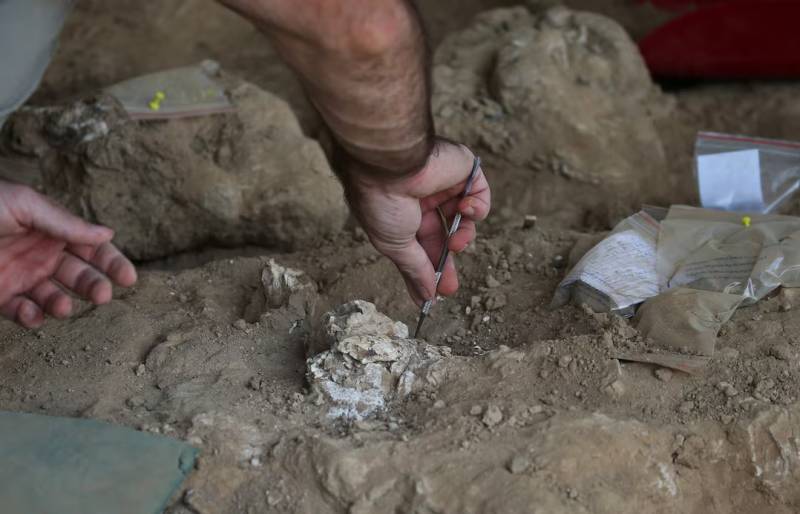Archaeologists in Georgia have uncovered a 1.8-million-year-old jawbone belonging to an early human species, a discovery they believe could significantly advance understanding of some of the earliest prehistoric human settlements on the Eurasian continent.
The fossil was found at Orozmani, a site smaller than two parking spaces yet rich in history, which has already been recognized as an important location for early human remains.
Researchers say the find represents the oldest evidence of early humans outside Africa and offers a new perspective on the migration and settlement patterns of Homo erectus, a hunter-gatherer species that is thought to have begun leaving Africa around two million years ago.
The jawbone not only reinforces the idea that Georgia was a key route in early human dispersal but also helps establish a clearer timeline of how prehistoric populations spread and adapted to different environments.
Scientists believe that further excavations at Orozmani could yield even more crucial insights into human evolution and the global journey of our earliest ancestors.
